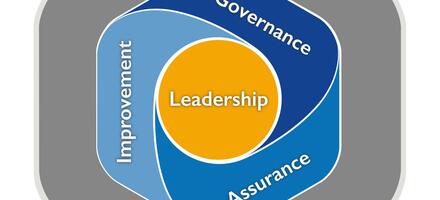
CQI Strategy 2020-30
Progress indicator
As we move into the second phase of our 10-year strategy, we remain committed to reviewing and adjusting our plans to align with our mission and vision. New ideas and innovations continue at pace, and developing a dynamic quality profession for the future drives our strategic vision.
Facing drivers for change
Digital and sustainability agendas are influencing society’s expectations of the quality and environmental impact of products, services, and organisations. Organisations must rethink what quality means, how to manage quality, and deliver on sustainability and environmental targets.
To thrive, organisations must embed a quality management strategy to move beyond compliance to performance transforming customer and societal value and organisational productivity.
Globally, competing forces are disrupting the world of work. The acceleration of technological advances and an imbalance between job opportunities and available workers are contributing to a shortfall in skills and resources, challenging the viability of the quality profession.
Our strategic response
In response, our second phase focuses on three strategic areas:
- Quality management: to advocate for quality management as a strategically significant discipline embedded in and owned by the whole organisation.
- Quality profession: to develop and position our profession centrally within the digital and sustainability agendas, valued by organisations for its expertise and sustained through new, diverse opportunities.
- The CQI and IRCA: to grow our global reach and reputation for being valued by our profession, organisations, and society while upholding our core values: integrity, innovation, and inclusion.
Interested in how we can support you?
Join our community and help promote the value of quality management. Shape the future of quality today:

